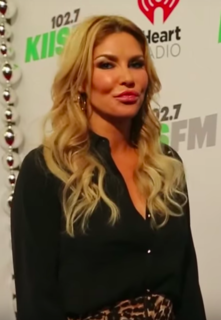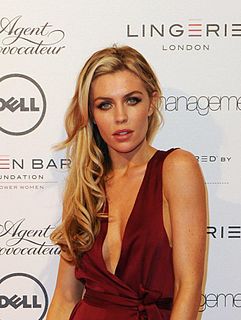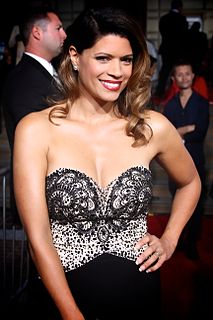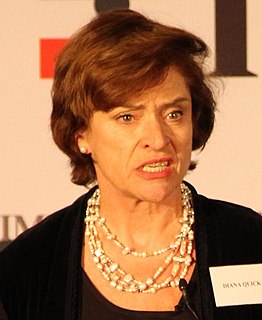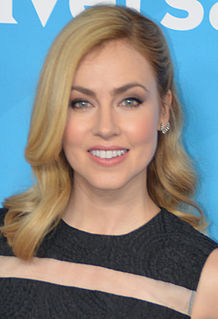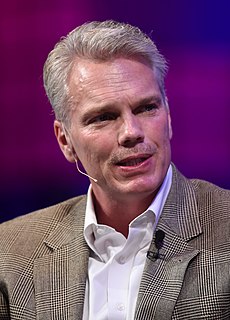A Quote by Washed Out
I lived in a neighborhood where there weren't many kids. I had a couple sisters, but I was very much a loner. Whatever film I had seen that day or that week, I would completely find myself in that world.
Related Quotes
I met Michael Snow and Stan Brakhage the second day after I arrived, you know. I had never seen or heard of Brakhage. For me, it was a revolution, because I was well educated in film, but American-style experimental film was known to me in the abstract, and I had seen practically nothing. I had seen a film then that Noël Burch had found and was distributing called Echoes of Silence. It was a beautiful film, three hours long. It goes forever and it was in black and white, very grainy, and I saw that film and I thought...it was not New Wave. It was really a new concept of cinema.
I grew up on welfare in the South Bronx; I had a very tough upbringing in that neighborhood. Reading books like The Four Agreements, A Return to Love, and The Power of Now helped me to overcome many internal battles. Had I not worked on myself, put value in myself, I would not have the loving and supportive people that I have right now in my life, including my husband and children
The scene I had just witnessed (a couple making love in the ocean) brought back a lot of memories – not of things I had done but of things I had failed to do, wasted hours and frustrated moments and opportunities forever lost because time had eaten so much of my life and I would never get it back. I envied Yeoman and felt sorry for myself at the same time, because I had seen him in a moment that made all my happiness seem dull.
I had this whole issue of doing a crime film in the 2010s. The genre's been mined very, very heavily. Post-Scorsese, post-Tarantino, post-Guy Ritchie, what do you do? I wasn't attracted to pulp so much as all of a sudden I had a pulp problem. I had to find a way to make this interesting, because there's a lot of crime films that come out on VOD every week, and a number of these star Nicolas Cage.
I had a strong sudden instinct that I must be alone. I didn’t want to see any people at all. I had seen so many people all my life -- I was an average mixer, but more than average in a tendency to identify myself, my ideas, my destiny, with those of all classes that came in contact with. I was always saving or being saved -- in a single morning I would go through the emotions ascribable to Wellington at Waterloo. I lived in a world of inscrutable hostiles and inalienable friends and supporters.



